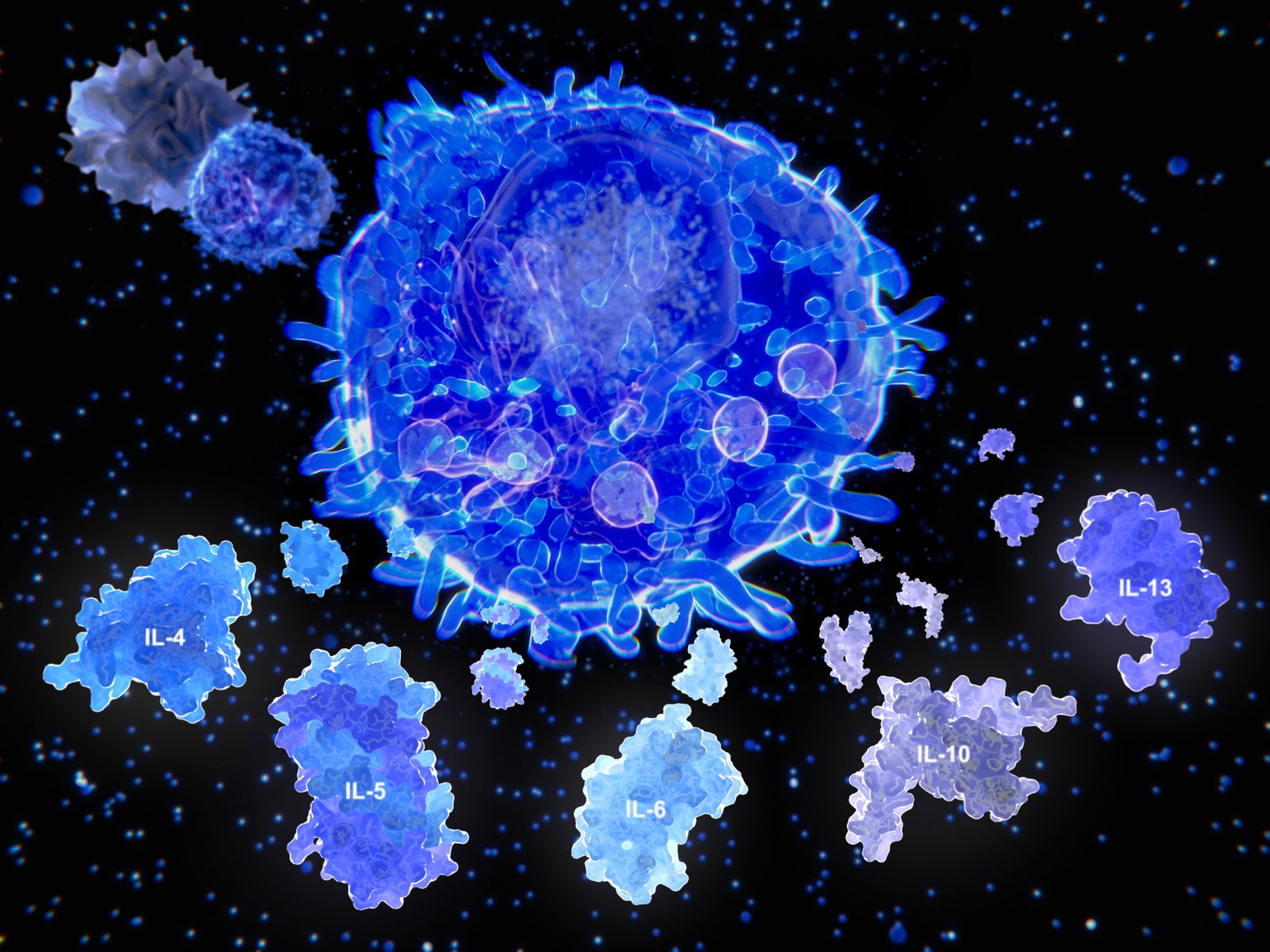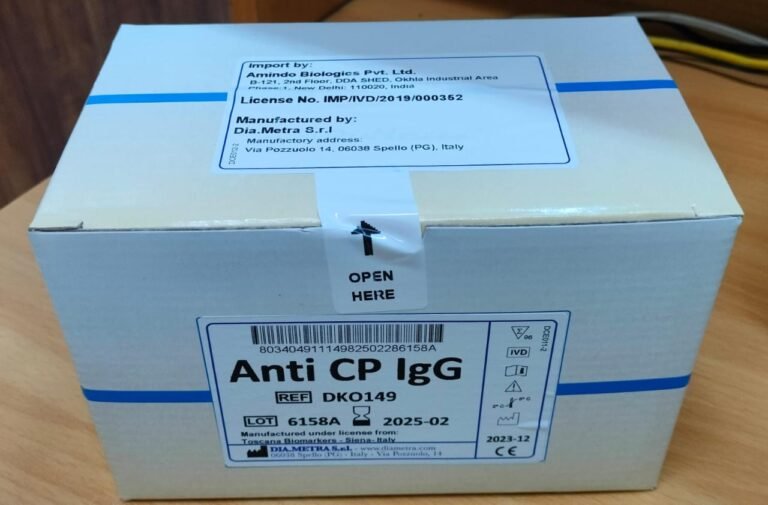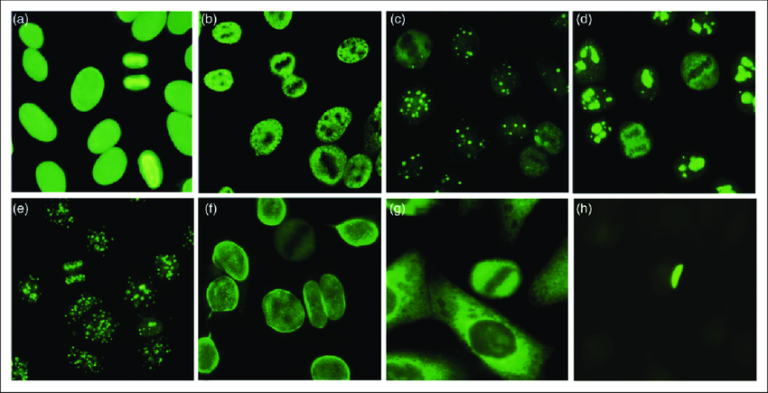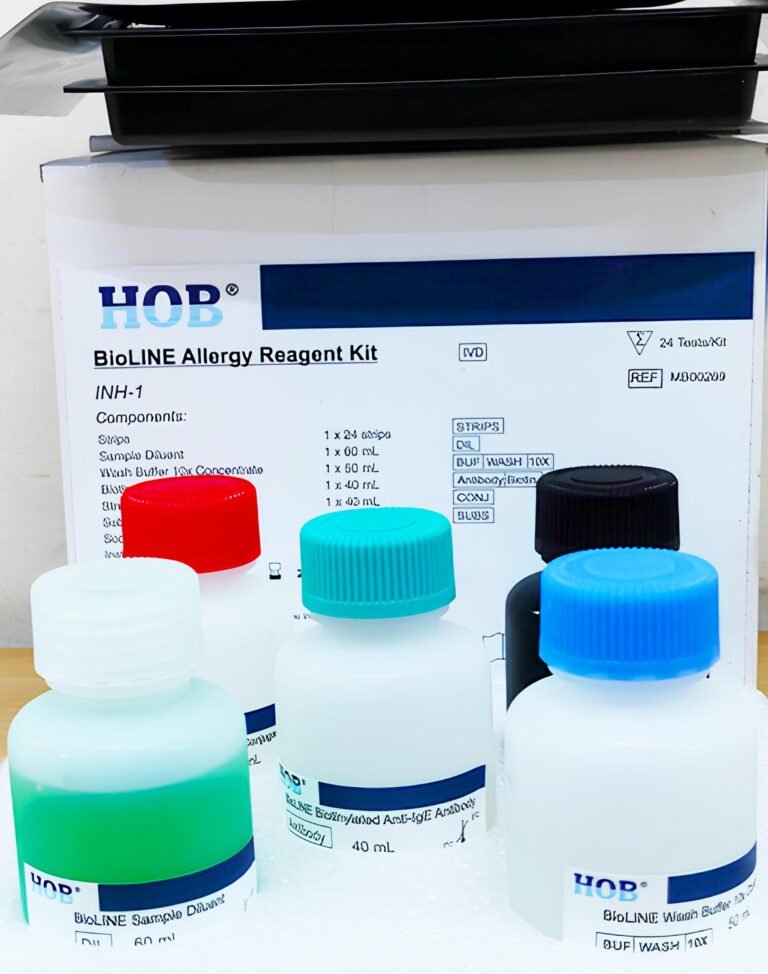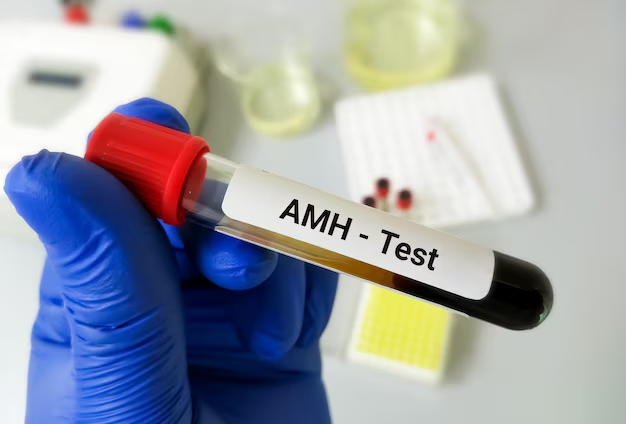Unraveling the Power of Cytokine ELISA Kits: A Comprehensive Guide
Cytokines are crucial mediators in the immune system, acting as signaling molecules that regulate inflammation, immune responses, and cell communication. Understanding their role in various biological processes and disease states has become pivotal in biomedical research and clinical diagnostics. One of the most effective tools for quantifying cytokines is the Enzyme-Linked Immunosorbent Assay (ELISA). In this blog post, we delve into the world of Cytokine ELISA Kits, exploring their significance, applications, and practical considerations.
What are Cytokine ELISA Kits?

Cytokine ELISA Kits are specialized assay kits designed to measure the concentration of specific cytokines in various biological samples, such as serum, plasma, cell culture supernatants, and tissue lysates. These kits utilize the principle of ELISA, which combines the specificity of antibodies with the sensitivity of enzyme-mediated detection.
How Do Cytokine ELISA Kits Work?
The basic workflow of a Cytokine ELISA involves several key steps:
- Sample Preparation: Biological samples are collected and prepared according to the kit instructions.
- Antigen Capture: The wells of an ELISA plate are pre-coated with an antibody specific to the cytokine of interest.
- Sample Addition: Samples are added to the wells, allowing the cytokines to bind to the capture antibodies.
- Detection Antibody: A secondary antibody, also specific to the cytokine, is added. This antibody is often linked to an enzyme, such as horseradish peroxidase (HRP).
- Substrate Reaction: A substrate for the enzyme is added. The enzyme catalyzes a reaction that produces a measurable color change.
- Quantification: The intensity of the color change is proportional to the concentration of the cytokine in the sample and is measured using a spectrophotometer.
Why Choose Cytokine ELISA Kits?
- High Sensitivity and Specificity: ELISA kits are renowned for their ability to detect low concentrations of cytokines with high specificity due to the use of antibodies.
- Quantitative Results: ELISA provides quantitative data, allowing researchers to measure and compare cytokine levels across different samples and experimental conditions.
- Wide Range of Targets: Cytokine ELISA Kits are available for a broad spectrum of cytokines, including interleukins, interferons, growth factors, and chemokines.
- Ease of Use: These kits are designed to be user-friendly, with step-by-step protocols that facilitate the assay process, even for those with limited experience.
Applications of Cytokine ELISA Kits
- Immunology Research: Studying cytokine profiles helps elucidate immune responses in various conditions, such as infections, autoimmune diseases, and allergies.
- Cancer Research: Cytokines play a significant role in tumor development and immune evasion. Measuring cytokine levels can aid in understanding tumor microenvironments and developing immunotherapies.
- Infectious Disease: Monitoring cytokine levels can provide insights into the host response to infections and the effectiveness of treatments.
- Drug Development: Cytokine ELISA Kits are essential tools in preclinical and clinical trials for evaluating the immunomodulatory effects of new drugs.
Practical Considerations
When selecting and using Cytokine ELISA Kits, several factors should be considered:
- Sample Type: Ensure the kit is validated for the specific type of sample you are working with.
- Detection Range: Choose a kit with an appropriate detection range for your expected cytokine concentrations.
- Cross-Reactivity: Be aware of potential cross-reactivity with other proteins that might be present in your samples.
- Reproducibility: Validate the kit’s reproducibility by running replicates and including appropriate controls.
Conclusion
Cytokine ELISA Kits are indispensable tools in the modern biomedical laboratory. They offer a reliable and efficient means to quantify cytokines, thereby advancing our understanding of immune functions and disease mechanisms. Whether you are engaged in basic research, clinical diagnostics, or therapeutic development, these kits provide the precision and ease of use needed to achieve your research goals.
By leveraging the power of Cytokine ELISA Kits, researchers can continue to unlock the complexities of the immune system, paving the way for novel treatments and therapeutic strategies. As technology advances, these kits will undoubtedly remain at the forefront of immunological research and diagnostics.

